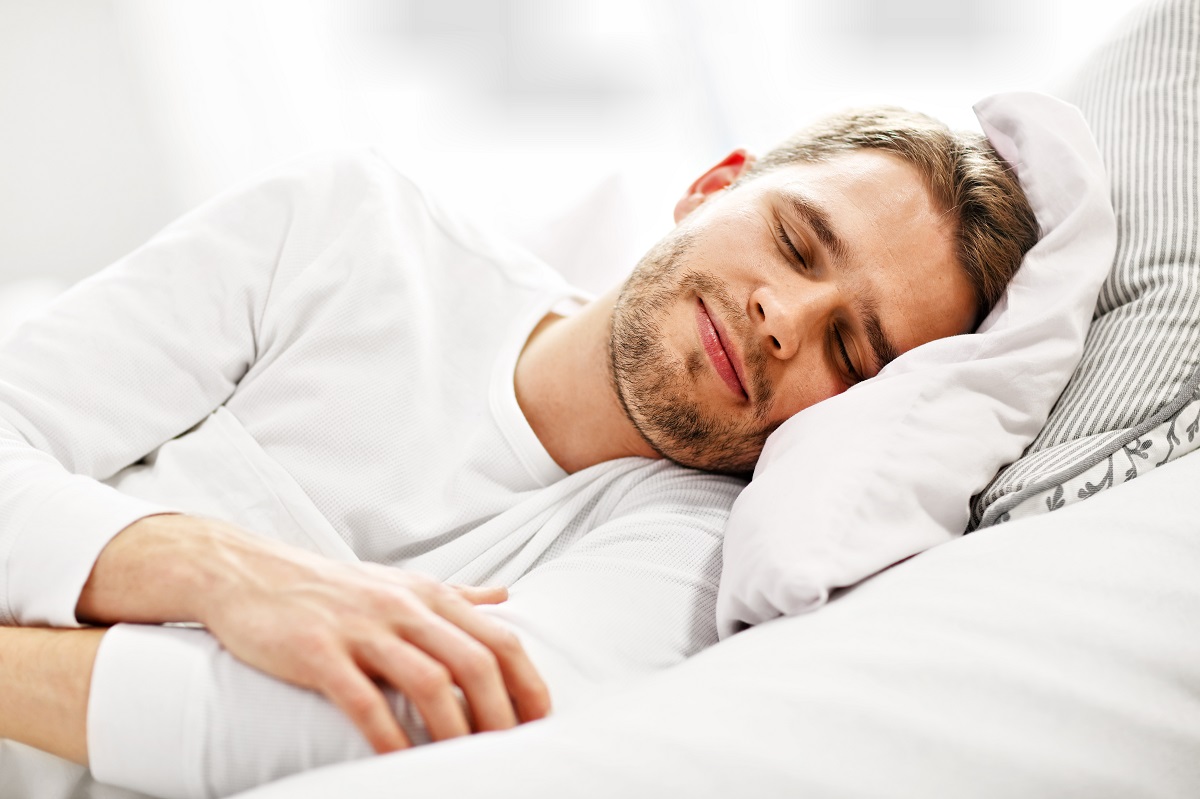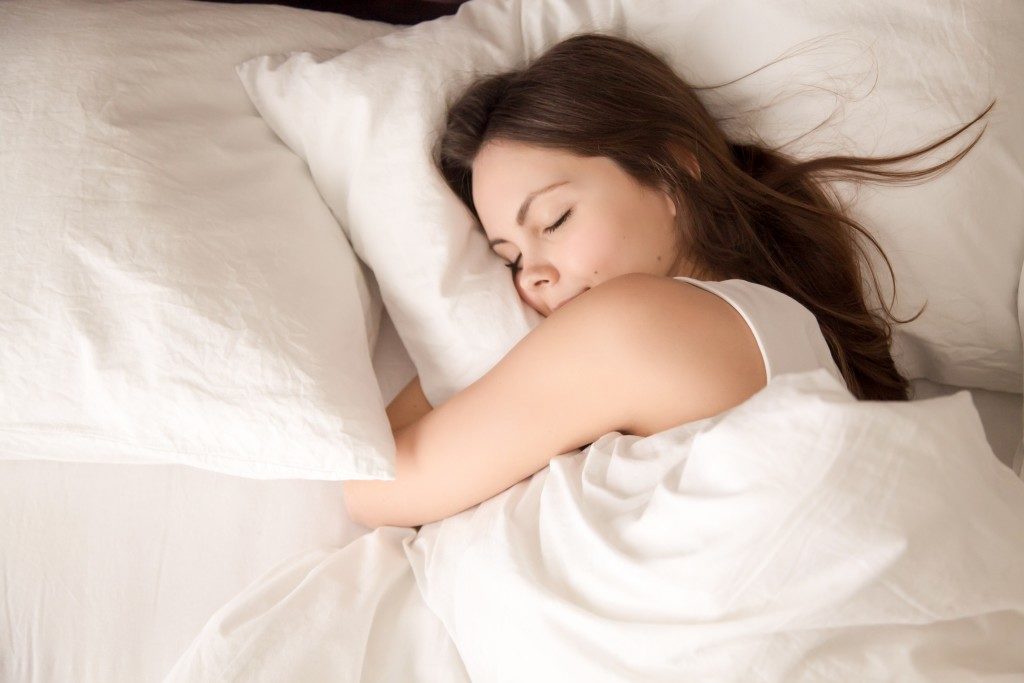Imagine watching a video where a woman whispers to the camera and makes seemingly random hand movements. It’s not anything fascinating, some people even find it weird, but there are those who are mesmerized by it and find it relaxing. There are also people who watch these types of videos to help them fall asleep.
The relaxation that people feel is called an autonomous sensory meridian response, or commonly known as ASMR. Simply put, it’s the tingling sensation that one feels when they take part in activities that involve personal attention or watch stimulating videos. People experience the sensation from certain auditory or visual stimuli called “triggers.” ASMR triggers vary from person to person, but the most popular ones include whispering, tapping, ear cleaning, brushing, and slow hand movements.
According to Dr. Giulia Poerio from the Department of Psychology at the University of Sheffield, many people report experiencing ASMR since their childhood days. Their awareness of the sensation rose dramatically in the past decade due to internet sites such as Reddit and YouTube. Currently, there are over 13 million ASMR videos on YouTube that people watch to relax, sleep better, or simply relieve stress.
While there’s still a lot to unravel about the complexities of ASMR, research shows that many people use ASMR to enhance their sleep. Here’s a list of how ASMR can help you sleep better at night.
1. Reduces stress
Stress is a common obstacle to sleeping well. When you’re stressed, you increase your psychological and physiological arousal in ways that are incompatible with the state that your mind and body need to enter relaxed, restorative sleep.
A study from 2018 shows that people who watched ASMR videos reduced their signs of psychological and physiological stress. Interestingly, the results showed that their feelings of calmness were paired with feelings of excitement. Lowered heart rate also occurred alongside other signs of non-sexual, physiological arousal. These findings illustrate how complex people’s emotional and physical responses can be to ASMR.

2. Improves mood
Depression and anxiety have intense disruptive effects on sleep, even if a person is sleeping on high-quality bamboo sheets. ASMR has the ability to make people feel calm, helping alleviate the depressive and anxious systems that can hinder people from achieving a healthy amount of shut-eye every night. ASMR temporarily lifts up their moods, relieving them from sadness and other symptoms of depression.
3. Relief from pain
There’s preliminary scientific data that suggests some people who experience ASMR find relief from their chronic pain while watching the videos. In a research study, roughly half of a group of people reported temporary, positive changes to their pain symptoms after watching ASMR videos.
One of the best things about ASMR is that there’s no risk to trying it out. If it works for you, you experience its pleasant side effects. If it doesn’t, you’re no worse off than before. Plus, even if ASMR doesn’t necessarily help you fall asleep, it can still help you relax and temporarily relieve yourself from the stresses of daily life. For people who aren’t capable of experiencing ASMR, sound therapy and mediation can deliver equally soothing benefits that will help enhance your sleep, as well as your emotional and mental well-being.

